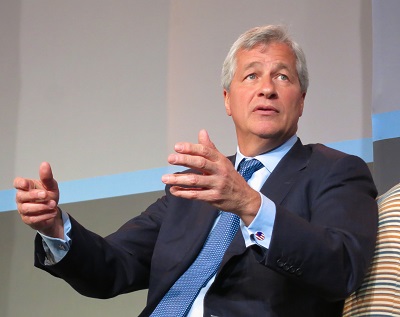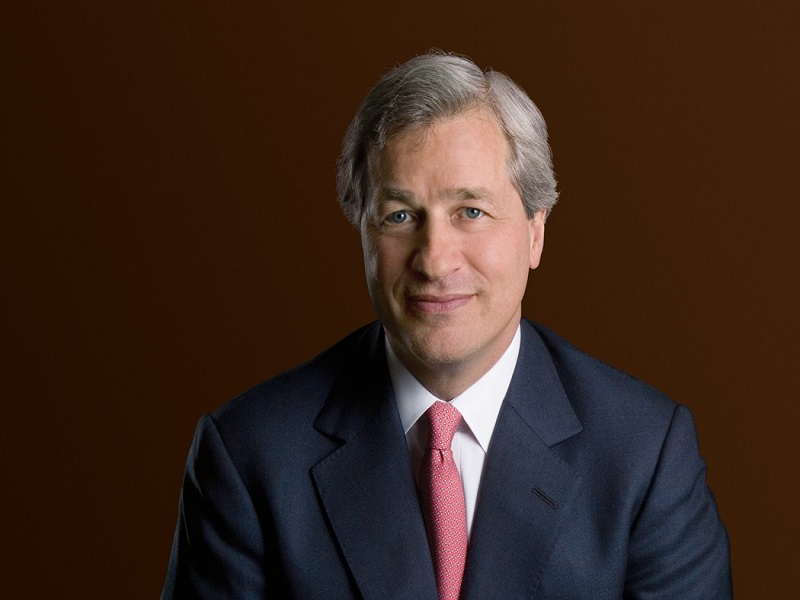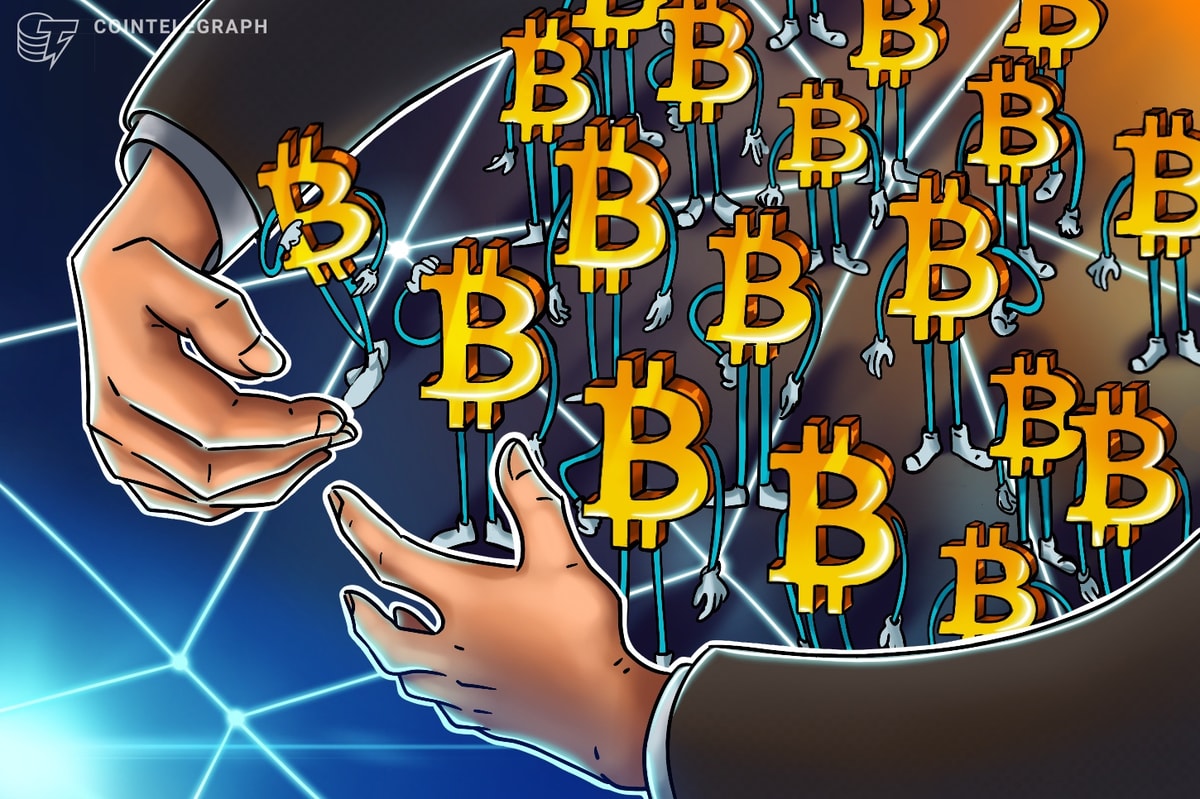JP Morgan CEO Jamie Dimon is back in the Satoshi spotlight. Speaking during an appearance on CNBC’s coverage of the World Economic Forum meetings in Davos last month, Mr. Dimon once again pronounced his lack of faith in Bitcoin.
Also read: Supreme Court Justice Antonin Scalia Deat at age 79
Jamie Dimon: Bitcoin Going Nowhere
 “Bitcoin the currency, I think, is going to go nowhere,” Dimon said, “And it’s not because of anything to do with the technology. Governments, when they form themselves, form their currency. Governments like to control currency, know where it goes, and who it goes to, and control it for monetary purposes. There is nothing behind a Bitcoin, and I think if it was big, the governments would stop it. I mean that’s my own personal belief, I may be dead wrong.”
“Bitcoin the currency, I think, is going to go nowhere,” Dimon said, “And it’s not because of anything to do with the technology. Governments, when they form themselves, form their currency. Governments like to control currency, know where it goes, and who it goes to, and control it for monetary purposes. There is nothing behind a Bitcoin, and I think if it was big, the governments would stop it. I mean that’s my own personal belief, I may be dead wrong.”
Despite this rather cynical view of “the currency”, the other side of the coin, Mr. Dimon argues, is the potential of blockchain technology:
“The Blockchain is a technology, which we’ve been studying (along with a couple of other people up here) and yes it’s real. It could probably reduce the cost of real application in certain things. It’s keeping a single file, as opposed to each of us keeping our own files, and it has certain security measures. If it proves to be cheap and secure it will be adopted for a whole bunch of stuff. Not for everything; it is not useable for certain types of things.”
First off, with regards to Mr. Dimon’s comments around Bitcoin: Mr. Dimon is understandably speaking out against the potential of Bitcoin, given his unique position as a leader in the Wall Street banking world. Bitcoin represents an ideological shift away from reliance on consumer banking to track funds, towards empowering individuals to act as their own bank. Given the threat that Bitcoin poses to the future of JP Morgan’s business, Mr. Dimon is engaging in his legal duty to serve the best interests of shareholders. Governments like to regulate, control and track currency, and reasonably so.
Bitcoin, however, represents something newer and increasingly important. Bitcoin is simply a scare digital asset represented within a globally distributed and immutable database. The inherent value behind a Bitcoin is the recognition by millions that this groundbreaking innovation, which is the culmination of over 40 years of computer science research, to trade digital assets without need for intermediary oversight possesses ideological and practical value to them.
Yes, governments can and likely will try to usurp Bitcoin if it ever gets big. Challenges arise, however, around the fact that the cat is already out of the technological bag. No matter how much governments try and stop Bitcoin, individuals with knowledge of the peer-to-peer technology will (likely) always find ways around restrictions towards its use, similarly to how people still share music files illegally. This is challenging for the financial and legal communities to deal with, and is it crucial that policymakers and financial institutions understand the true potential here and act proactively without recognizing the economic benefits it provides, so that our communities and financial systems can flourish while remaining safe.
Moreover, with regards to Mr. Dimon’s views of Blockchain technology: the conversation around Blockchains in the banking world is continuing to shift. Increasingly, Wall Street is coming to terms with the real business applications of Blockchain technology and its potential to significantly cut settlement costs, lower latency times, and reduce security vulnerabilities. There is, however, a deeper underlying reason why Mr. Dimon and lawmakers often feel a need to separate Bitcoin from Blockchain technology, and it has to do with secrecy. Blockchain applications do not threaten the sacred kernel at the core of this regulatory dilemma, that being the potential for anonymity. As Mr. Dimon points out: Yes, Bitcoin will be used for certain things, but not the ones that require AML, KYC, taxation, and licensing by law.
Lastly, Mr. Dimon’s comments reflect an increasingly popular idiom in regulatory and banking circles, that of private versus public blockchains. This juxtaposition has been a hot topic of discussion at this week’s San Francisco Blockchain Conference.
Recent R&D investments in blockchain technology by banking institutions such as Goldman Sachs, J.P. Morgan, and Citi signals the impact that comments such as those above by Mr. Dimon are having on the larger financial space. Perhaps, if the focus by traditional institutions keeps shifting away from Bitcoin and towards the Blockchain, talent behind its workforce will increase tenfold. In the long run, proactive and honest conversations between Wall Street, Washington D.C., and Silicon Valley will make determining how to best regulate Bitcoin without stifling the beneficial qualities it brings (global payments system, kind of like a WhatsApp for money or 1990’s email) a lot easier and more effective for everyone involved.
What do you think of Jamie Dimon’s comments? Are they accurate? What does this hold for the future of the relationship between Bitcoin and Blockchains? Share your thoughts below!
Images courtesy of Wikimedia Commons, Aspen Ideas Festival









